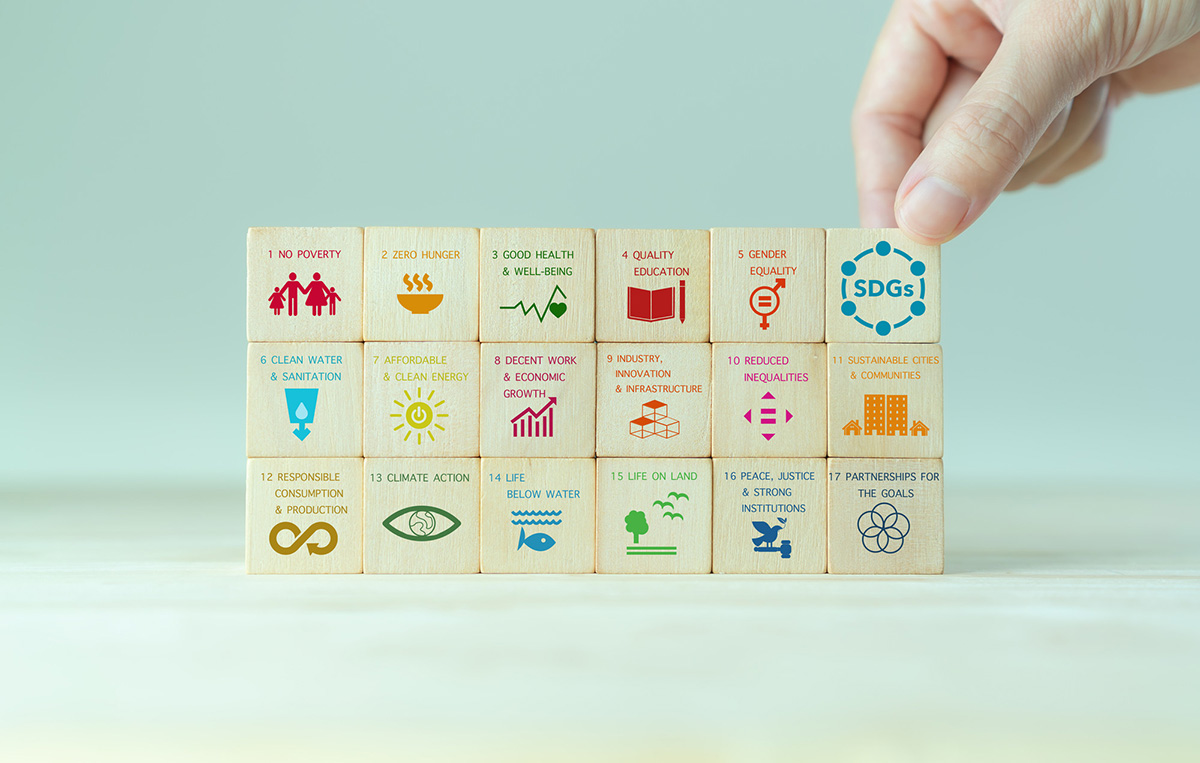The Philippines on Tuesday signed a new cooperation framework with the United Nations for 2024 to 2028 signaling the country’s commitment to attain sustainable development.
President Ferdinand R. Marcos Jr. witnessed the signing of the 2024-2028 United Nations Sustainable Development Cooperation Framework (UNSDCF) in a ceremony at the President’s Hall of Malacañan Palace in Manila, coinciding with United Nations Day.
The UNSDCF was signed by Department of Foreign Affairs (DFA) Secretary Enrique Manalo, Socioeconomic Planning Secretary and National Economic and Development Authority (NEDA) Director General Arsenio Balisacan and UN Resident Coordinator in the Philippines Gustavo González.
The UNSDCF is a collaborative strategic planning framework for cooperation between the Philippines and the UN Development System, in support of the national development priorities and the accomplishment of the 2030 Agenda for Sustainable Development.
Embodied in the 2030 Agenda for Sustainable Development and adopted by all UN member-states in 2015, the 17 Sustainable Development Goals (SDG) involve strategies aimed at improving health and education, reducing inequality, and spurring global economic growth while addressing climate change and preserving the environment.
Mr. Marcos said the UNSDCF is a document that deepens, expands and elevates the partnership between the Philippines and the UN.
“As founding member of the United Nations, the Philippines strongly supports the UN as a beacon for multilateral approaches for making lasting peace and progress a reality for all peoples, for all nations,” he said in his keynote speech after the signing ceremony.
“Beyond building better from the pandemic and for resilient communities, the world needs a transformative agenda to bridge divides, address inequalities and foster growth that carries everyone forward. Especially in this complex global environment, we certainly need the United Nations to thrive in its important work, including at the country level here in the Philippines,” the President said.
Mr. Marcos noted that the cooperation framework is oriented to support Philippine government policies and priorities embodied in his administration’s eight-point socioeconomic agenda, the Philippine Development Plan and NEDA’s “AmBisyon Natin 2040.”
The NEDA program represents the collective long-term vision and aspirations of the Filipino people for themselves and for the country in the next 25 years; describes the kind of life that people want to live and how the country will be by 2040; and serves as anchor for development planning.
He added that the arrangement provides a “good model of co-ownership, transparency and accountability for UN country programs,” ensuring that these are driven by the needs and context of national development.
“Our partnership can be a catalyst for the accomplishment of our shared goals in the 2030 Agenda for Sustainable Development,” Marcos said.
“We look forward to vigorous engagements on key issues that bear on the future of our communities including food security, health, education, climate action, decent work, digital transformation and disaster risk reduction. We invite new approaches to help promote innovation driven by climate smart and sustainable growth at all levels. We also are fostering access to green financing, lasting peace
and better public services across the archipelago.”
The 2024-2028 UNSDCF is one of the first frameworks signed under the reformed UN development system.
The reform of the UN development system (UNDS) began in May 2018 and involves a broad repositioning of the UNDS to help countries around the world achieve the SDGs.
Under the framework, the Philippine government and the UN have agreed to work on three overarching strategic outcomes.
These include human capital development, inclusion, and resilience building; sustainable economy economic development, decent work, and innovation; and climate action, environmental sustainability, and disaster-resilience.
The cooperation framework between the Philippines and the UN was negotiated by the Department of Foreign Affairs, the NEDA and the Office of the UN Resident Coordinator in the Philippines, in consultation with relevant government agencies and stakeholders.
– Advertisement –
Credit:Source link



